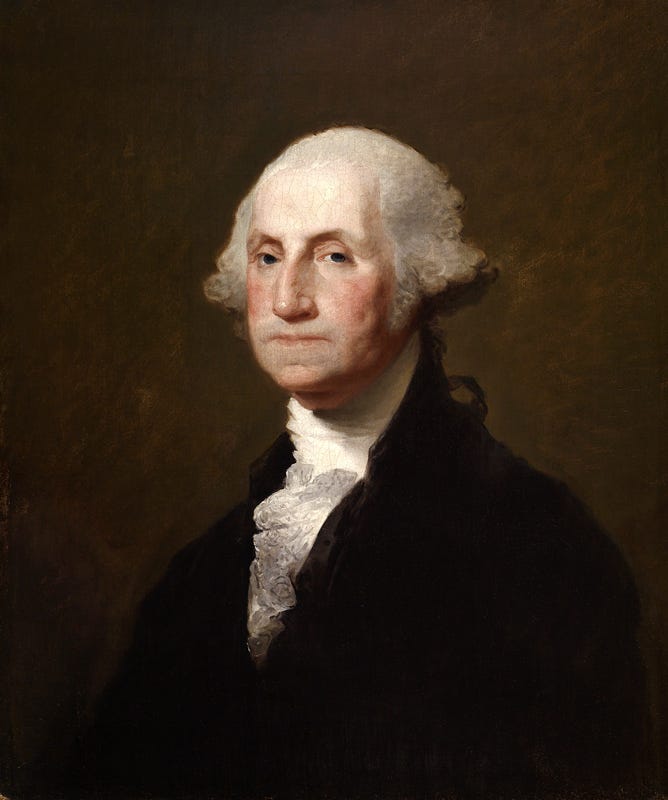George Washington’s Rules of Civility
What makes a good leader? This question has been asked by deep thinkers for centuries.
What makes a good leader? This question has been asked by deep thinkers for centuries.
The most memorable leaders, those we are fascinated by, tend to have traits in common, such as cunning, courage, and self-esteem.
Not all leaders are superhuman! A parent, a teacher, someone who is around when advice is needed—I consider all of these to be leaders. However, history has produced certain leaders that continue to come up in significant conversations. Their circumstances vary, their time periods as well; however, there was always something about them, an otherness.
When we read about them, we contemplate this otherness. Sometimes it is subtle, but in many cases, memorable people—those worth emulating—were faithful to belief systems.
We could be tempted to label this religion; however, not all of these people were religious in the traditional sense.
This was the case for George Washington, our first President. Though he was baptized an Anglican and raised in that denomination, it played a minor role in the career he was to take up. In fact, when war erupted against the British, he felt compelled to renounce the Anglican Church.
Whether or not he attended church in complete faith, Washington always made sure to behave in ways that ensured respectability. This began when he was a young man.
Truth in Every Place
As previously stated, Washington was not always devoted to the Anglican Church. After renouncing that branch of Christianity, he continued attending services in different denominations, such as Baptist and Methodist. He even crossed a line by worshiping with Catholics.
George Washington’s moral code might have had some root in religion, but that was not all of it. He was self-aware, sometimes to the point of paranoia.
Most people who met Washington considered him admirable. After all, his election as first President was nearly unanimous. That says a lot—after the Revolutionary War, it was difficult to get all of the states to agree on anything.
Keep reading with a 7-day free trial
Subscribe to The Tearoom to keep reading this post and get 7 days of free access to the full post archives.





